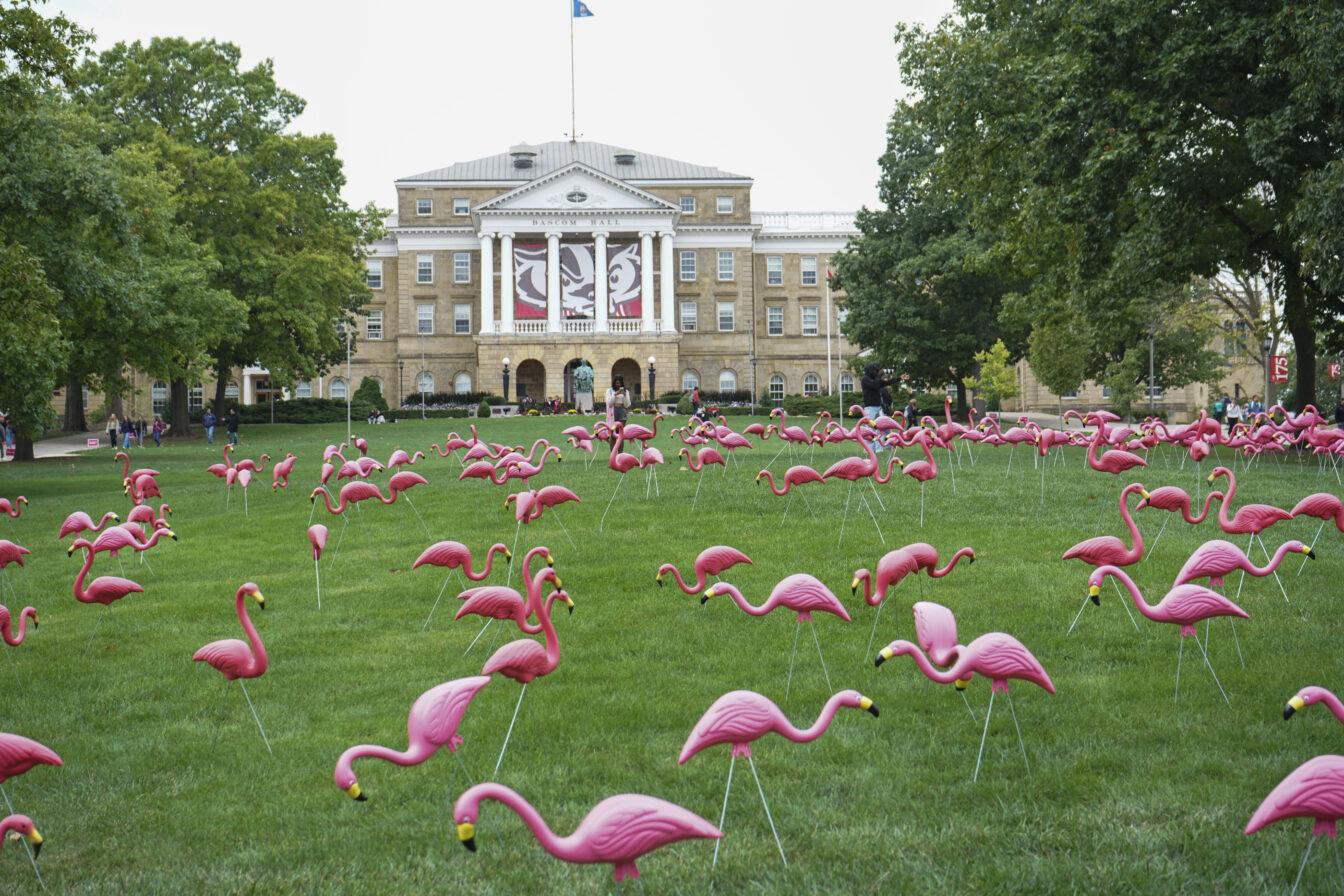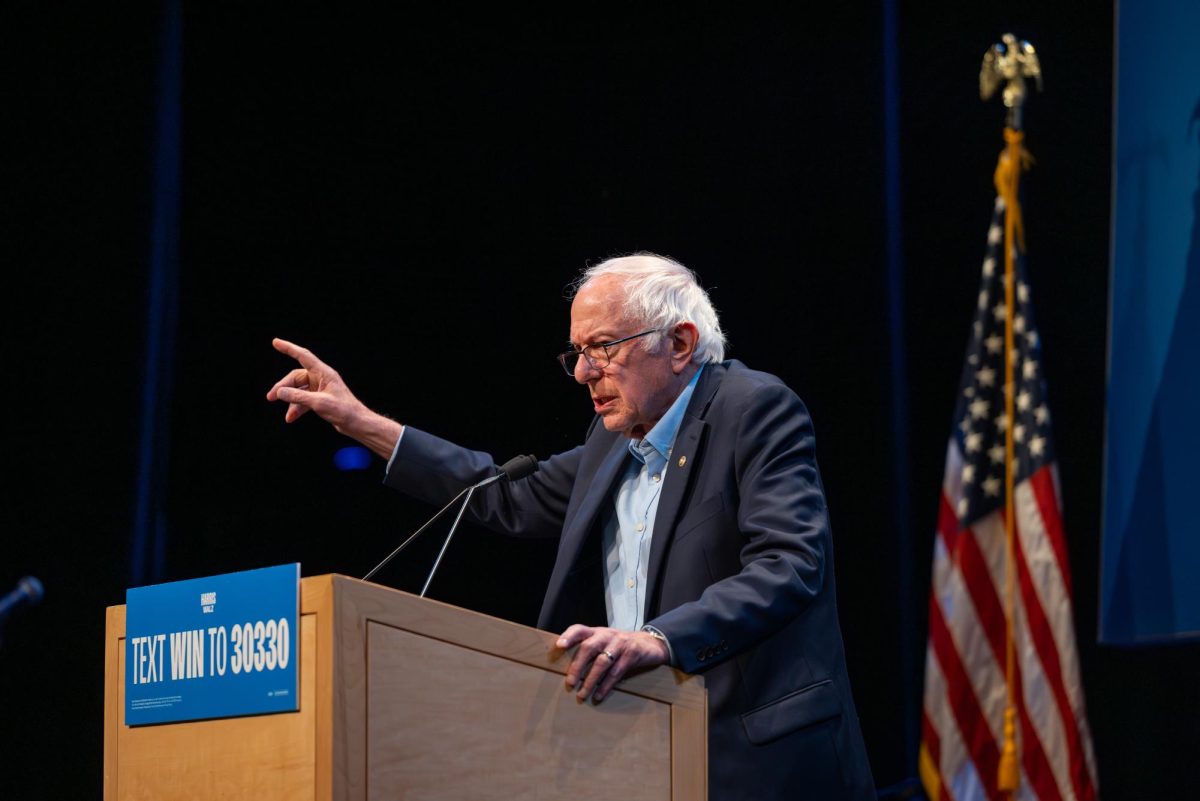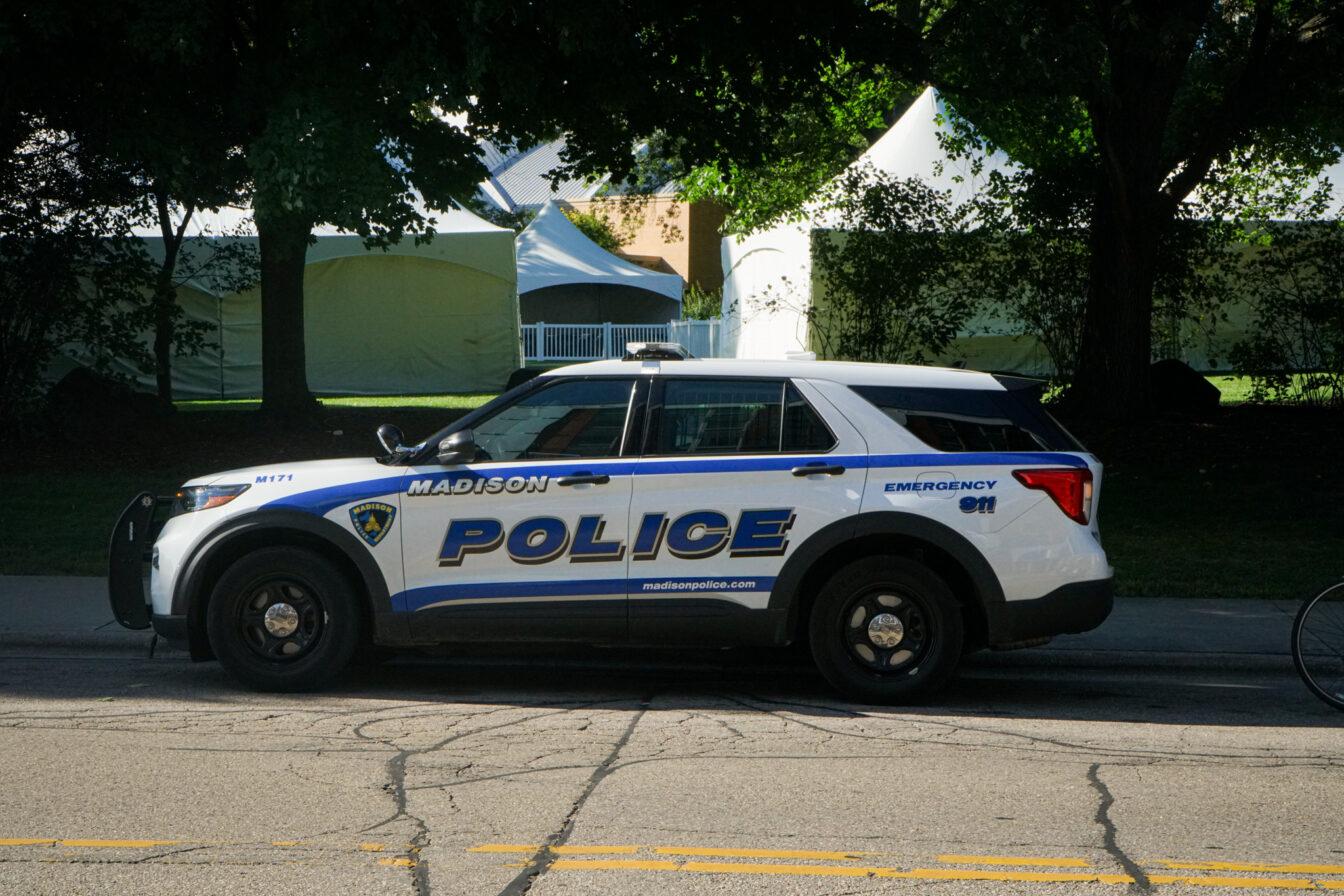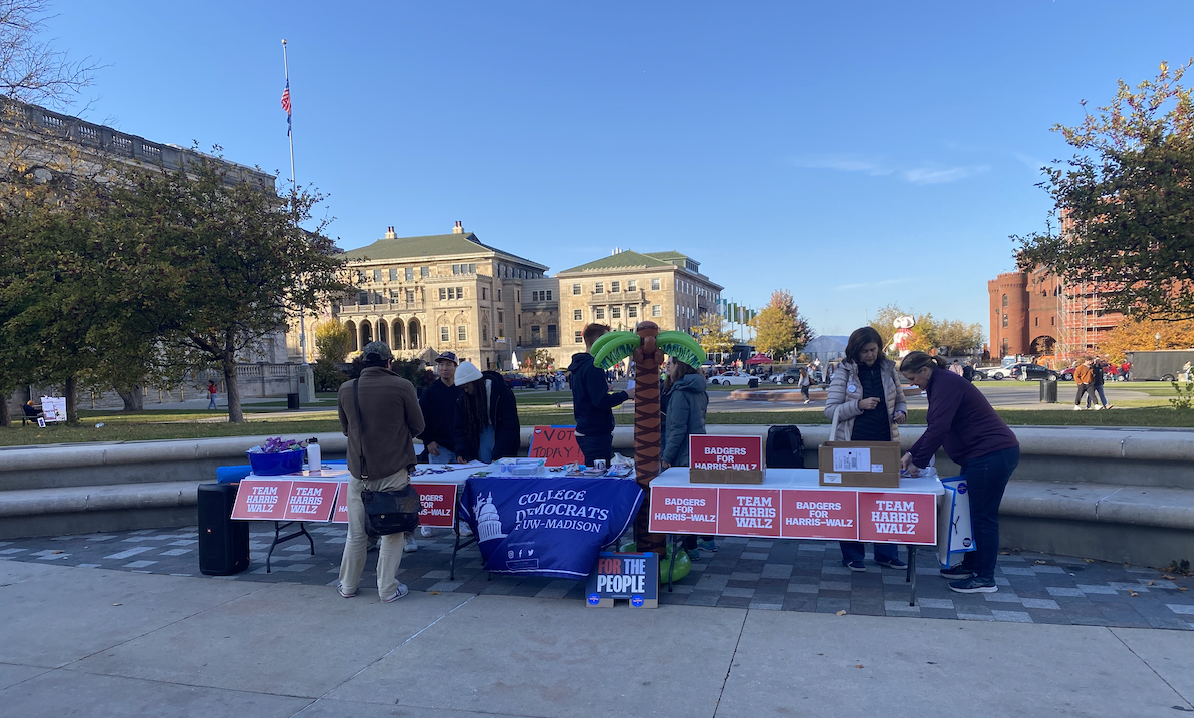The White House complied with the Sept. 11 commission Saturday by releasing a presidential daily briefing (PDB) that warned President Bush of the threat of an al Qaeda attack in the United States one month before 9/11.
Titled “Bin Laden determined to strike in U.S.,” the briefing arrived on the president’s desk Aug. 6, 2001, stating: “Clandestine, foreign government and media reports indicate bin Laden since 1997 has wanted to conduct terrorist attacks in the U.S.”
The PDB goes on to describe FBI information indicating “patterns of suspicious activity in this country consistent with preparations for hijackings or other types of attacks, including recent surveillance of federal buildings in New York.”
The memo says the FBI was engaged in 70 investigations into possible bin Laden-related activity in the United States, including a call to the U.S. Embassy in the United Arab Emirates concerning a group of bin Laden supporters “in the U.S. planning attacks with explosives.”
The panel investigating the terrorist attacks demanded the disclosure of the report Thursday after it became a key point in the testimony of National Security Advisor Condoleezza Rice, who referred to the document as “historical information based on old reporting” that did not foretell of any specific attack.
When questioned by commission member Richard Ben-Veniste as to whether Bush was compelled to take action after reading the PDB, Rice replied that there was “no new threat information in this document to pursue.”
After disclosing the memo Saturday, the White House released a statement echoing Rice’s testimony, proclaiming the PDB did not warn of the 9/11 attacks and did not indicate the possibility of using planes as weapons.
President Bush said Sunday the memo included no “actionable intelligence” that would have pointed to the method and timing of the attack.
While the White House argued the memo foreshadowed no specific attack, others noted it did contain several broad warnings that bin Laden was actively trying to “bring the fighting to America.”
Former counterterrorism aide Richard Clarke said in his testimony before the commission two weeks ago that Bush ignored this and other warnings of an attack in the months before Sept. 11.
University of Wisconsin political science professor Charles Franklin said the memo could prove somewhat damaging to the White House, but acknowledged both the administration and Clarke can back up their testimony by pointing to parts of the memo.
“It’s damaging to the administration in that it shows these issues were being raised,” Franklin said. “But it doesn’t say anything about an attack here and now. It would have been a hell of a lot worse if it said, ‘We have evidence of al Queda members learning how to fly planes but not land them.'”
UW assistant political science professor Jon Pevehouse agreed the PBD may be slightly damaging to Bush, but noted “most people have their minds made up already” concerning whether or not Bush took appropriate steps before 9/11, and therefore should not be swayed by the memo.







